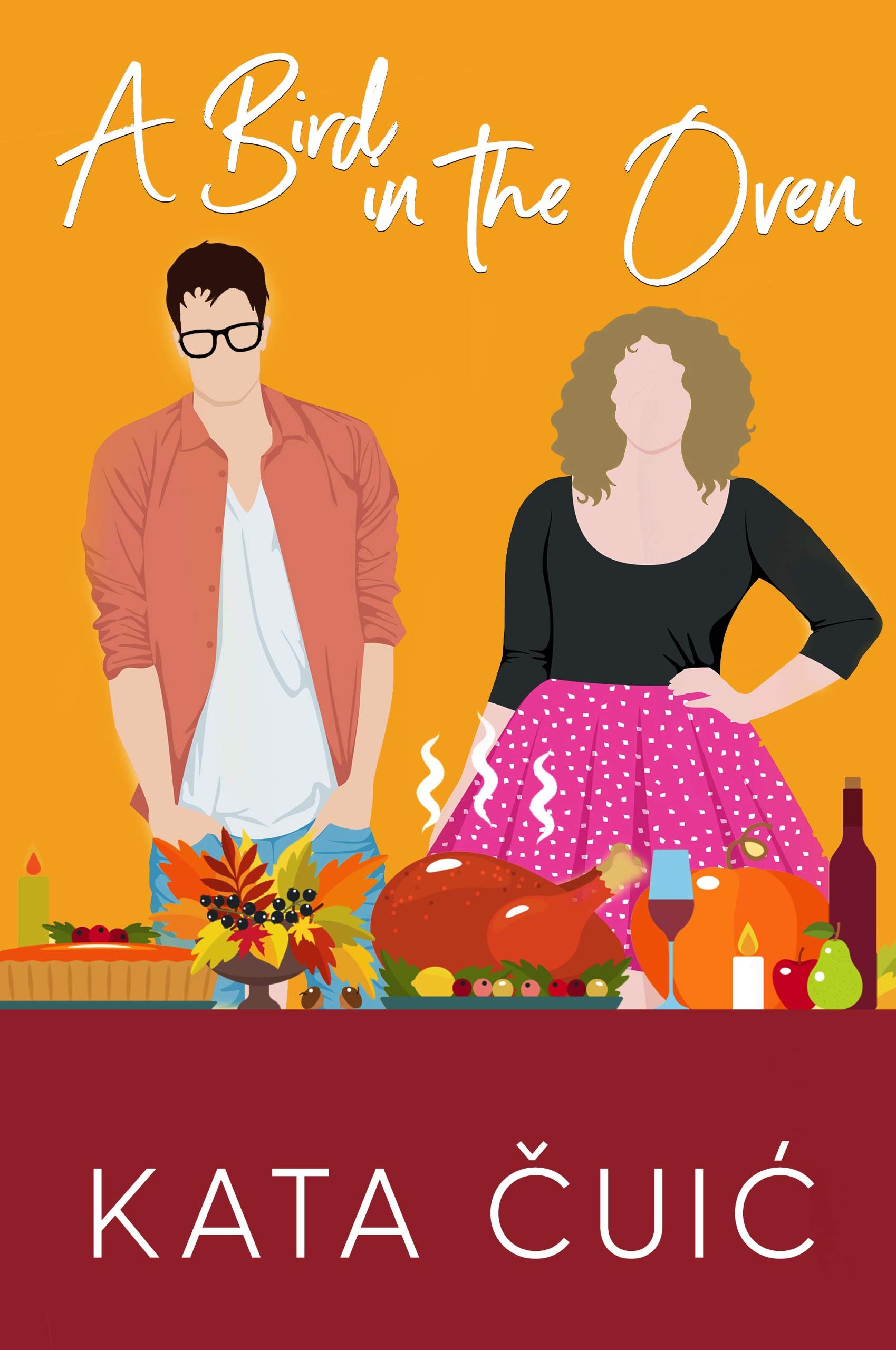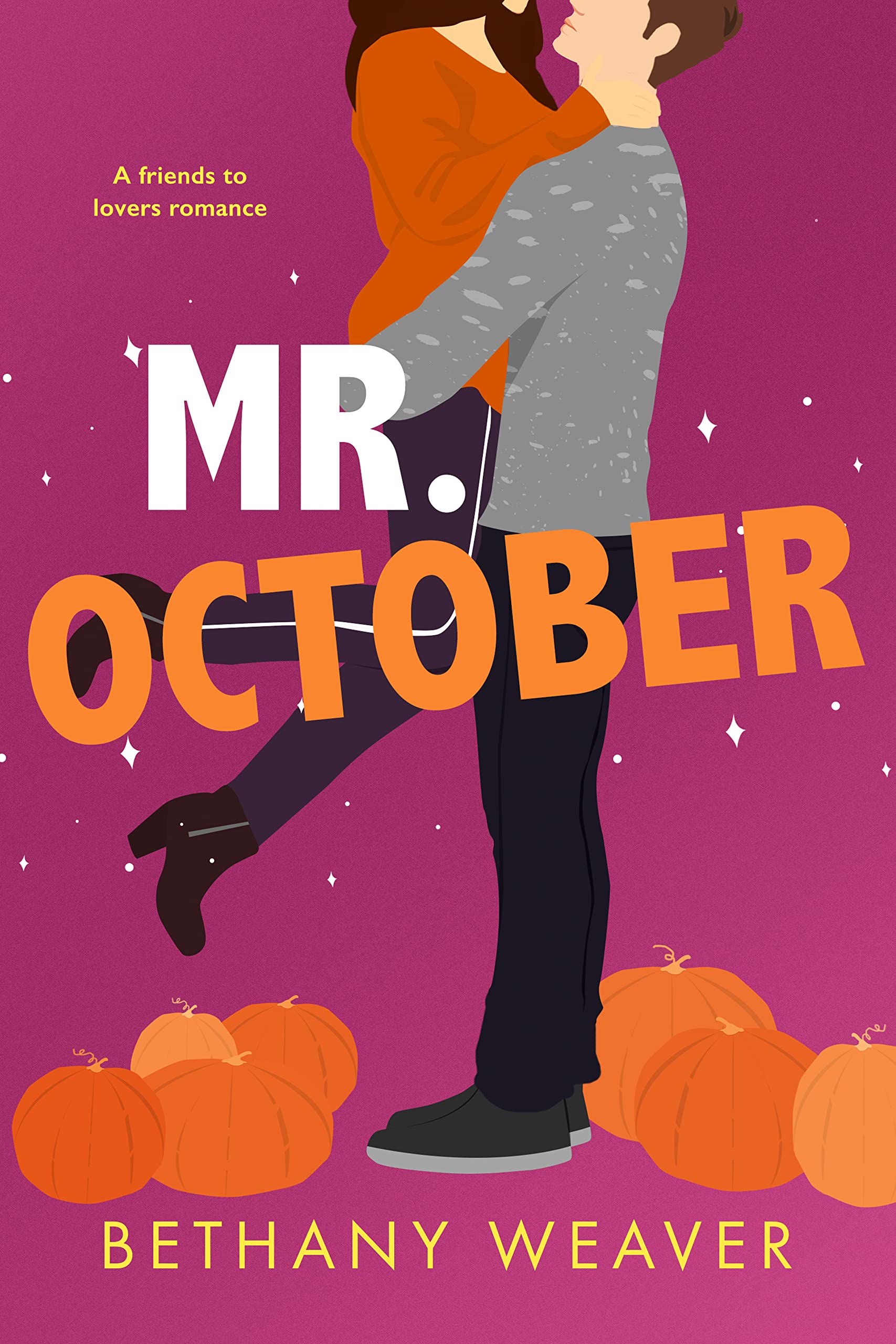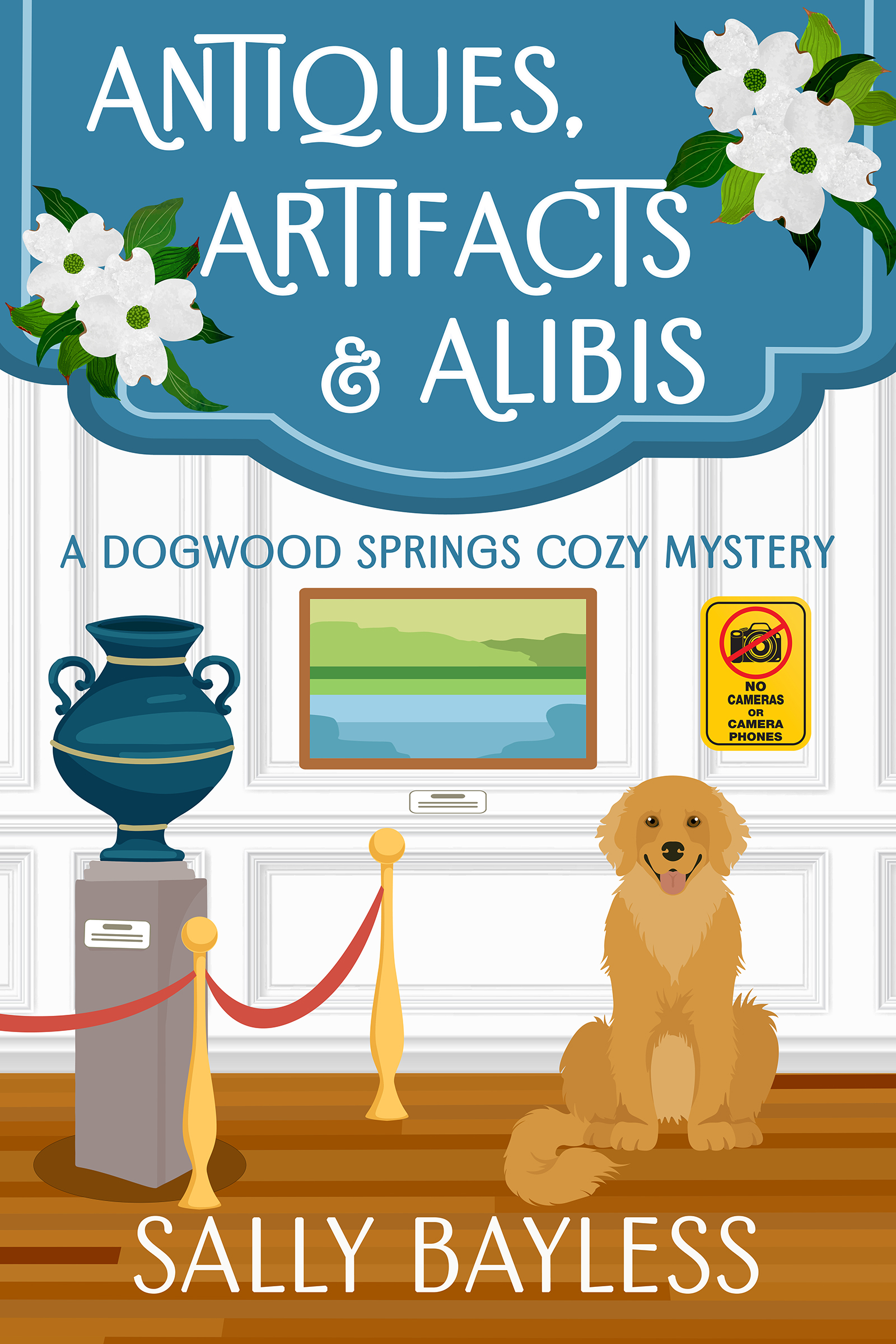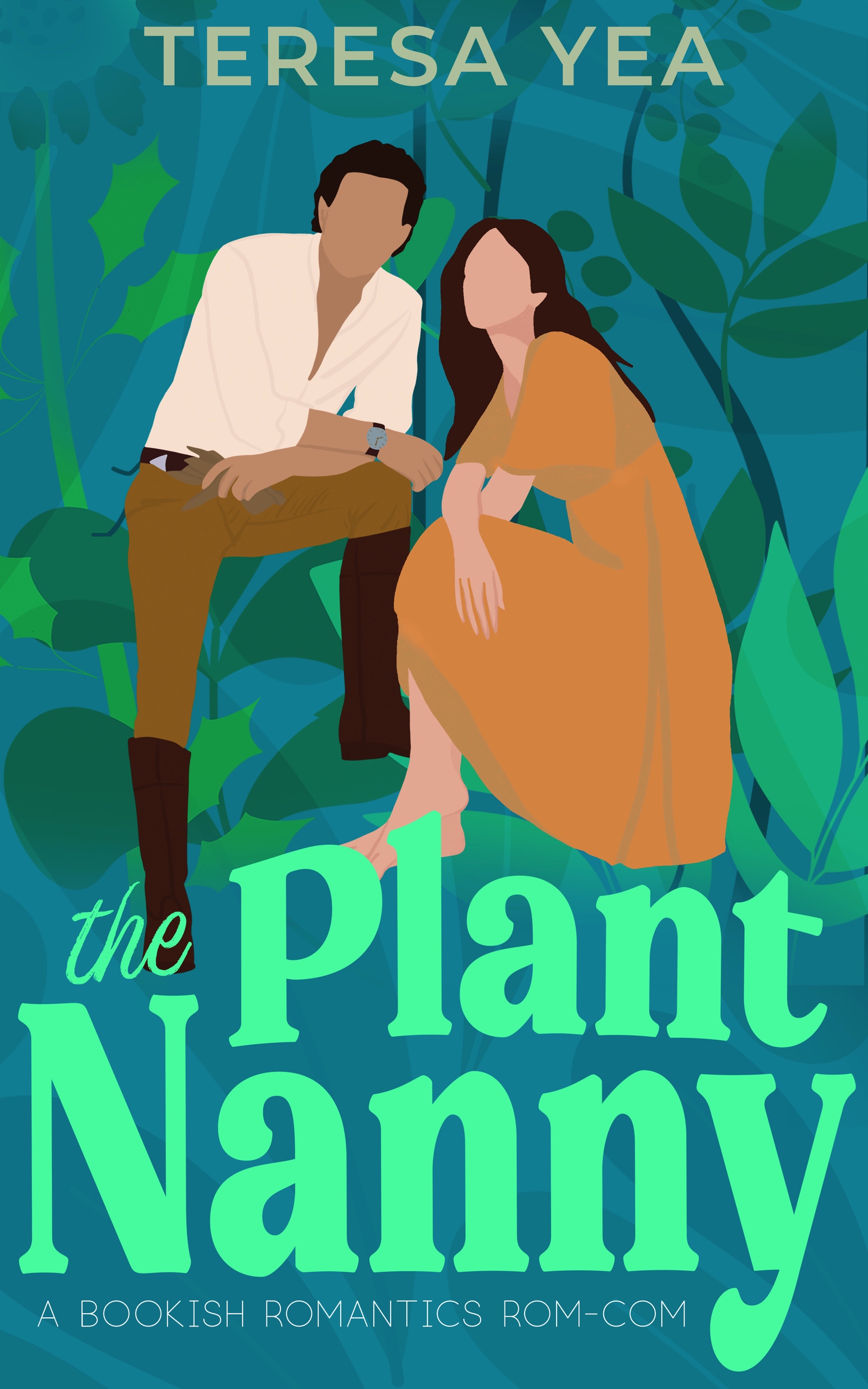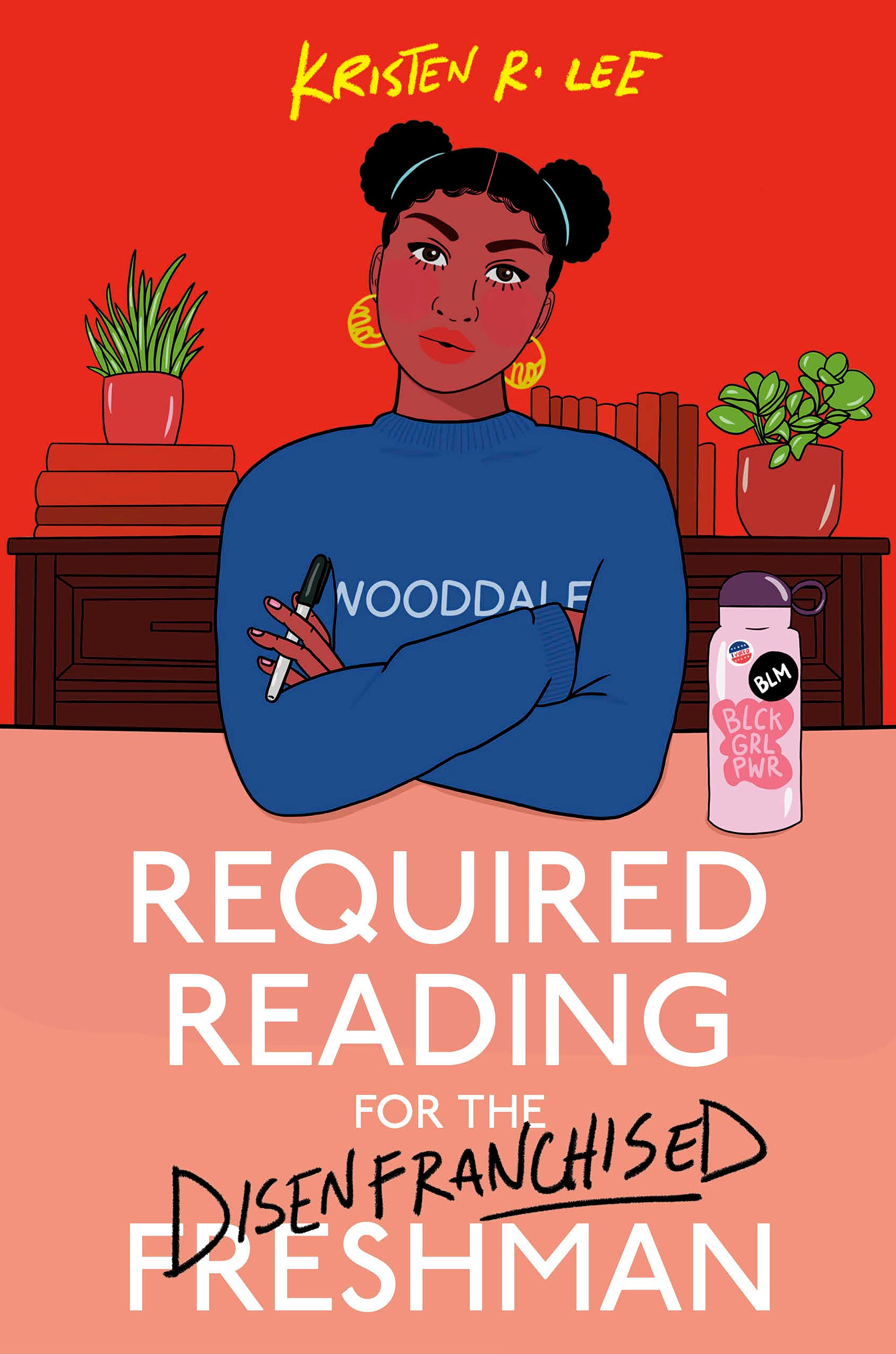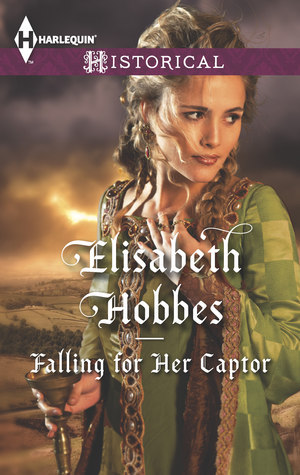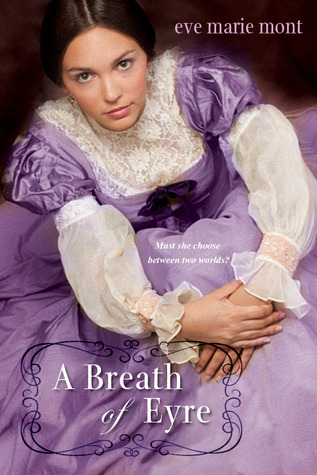The fact that this is shelved as a romance by so many people shows a fundamental misunderstanding of how romance novels work. DRAGONWYCK is a genre-crossing gothic with romantic elements, but I'd say it's closer to a dark love story with a nontraditional HEA. People coming to this book expecting gothic romance in the vein of Victoria Holt and Mary Stewart are going to be incredibly disappointed.
I picked this up as part of my Jane Eyre derivatives challenge that I'm doing. I would say that this is more derivative than straight-up retelling, because it's more of a collection of the same tropes that were in Jane, but Seton makes the novel completely her own. Miranda is the beautiful, idealistic daughter of a farmer, who looks down on her family and envisions a fairytale sort of life for herself (as all teens do). When her rich Dutch cousin, Nicholas Van Ryn, sends for her to be a governess/nanny for his child, it feels like a dream come true. Of course, her religious father is against it, but she ends up tricking him by thumbing to a bible passage at their family reading that makes it seem like it is her God-given destiny to go.
Once she is at Dragonwyck, things are immediately sus. First off, a caveat: there is so much fat-shaming in this book. Nicholas is married to a heavy woman named Johanna, and the narrative wastes no time in immediately portraying her as a sickening human being. Which is doubly awful because it's clear from the story that she is suffering postpartum depression and emotional abuse, and has turned to food as comfort. She is ruthlessly shamed for it, by the narrative, by Nicholas, by Miranda, and virtually everyone else who looks at her. Her young daughter, Katrine, who is plump, is also repeatedly fat-shamed. It was honestly hard to read, and a little infuriating, so I think people who are sensitive to this shouldn't read this book at all. I was honestly surprised more people weren't discussing this, tbh. I had to comb through the negative reviews before I found someone mentioning it. So be forewarned.
Right away, Nicholas begins flirting with his cousin, and Miranda is only too happy to flaunt their relationship in the face of his wife, because she thinks Johanna is pathetic and doesn't love Nicholas the way she would. When Johanna dies suddenly and conveniently, Nicholas tells her literally the next day that he'll marry her instead, and gives her a betrothal ring before sending her home. For a year, Miranda angsts and sulks, and drives her family crazy with her selfishness and her new airs, wondering if he's actually going to marry her, or if she was just yet another thing that he became interested in before exchanging for a new and shiny bauble. But send for her he does, and that's when shit gets weird.
Nicholas is basically a straight-up sociopath and Miranda is very vain and self-centered, so if this is a Jane Eyre retelling, it's a retelling that explores the dynamic if it occurred within a vacuum of moral bankruptcy. That dynamic is interesting but not particularly romantic. Which is why I feel like this is less a romance than it is a morality play. Seton comments on a lot of things in the metatext, like the hypocrisy of the rich, the double standards of decency for rich versus poor, people's reluctance to overthrow systems of oppression even when it would benefit them because the fear of change and flouting tradition is worse than the abstract pain they receive from it now, and the soul-crushing emptiness of a sociopath's inner-workings when they run out of things to live for.
It's a chilling book, and an interesting one, but I had to set it down halfway through because it was just so frustrating. I think most contemporary readers would find this work off-putting, and even people who enjoy vintage romance might not like this because, as I said, it's HEA is definitely non-traditional. This honestly reminded me of a happier version of Marilyn Harris's BLEDDING SORROW, another gothic tragedy that shows a doomed family in all of its deterministic horror.
3.5 out of 5 stars









